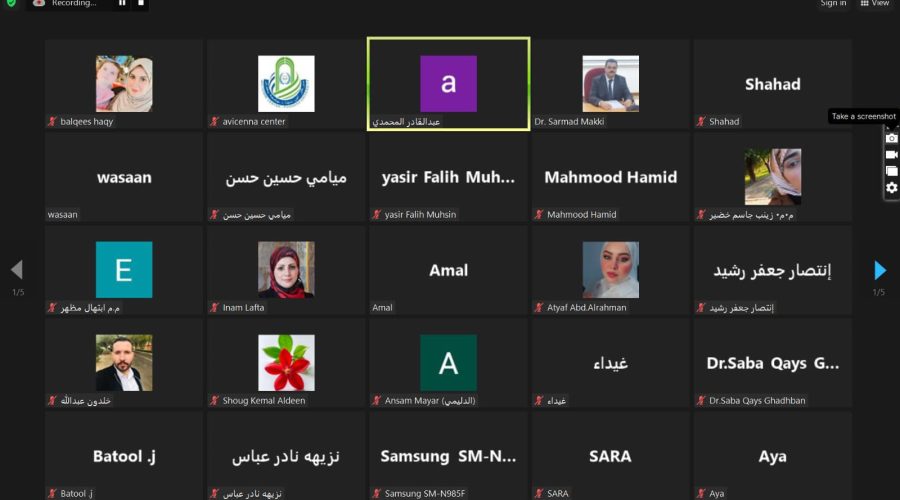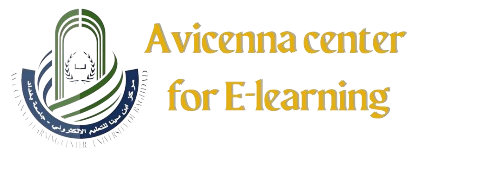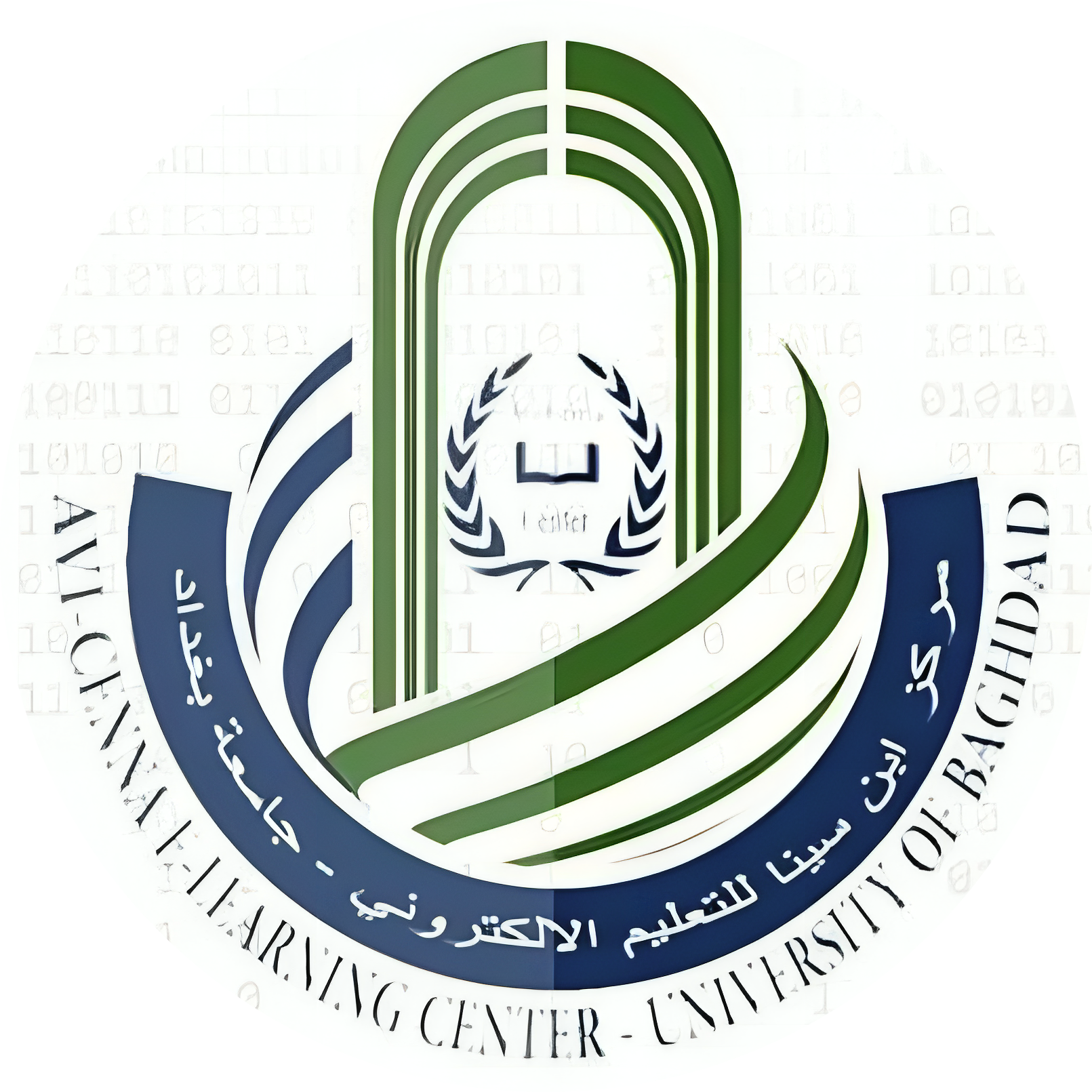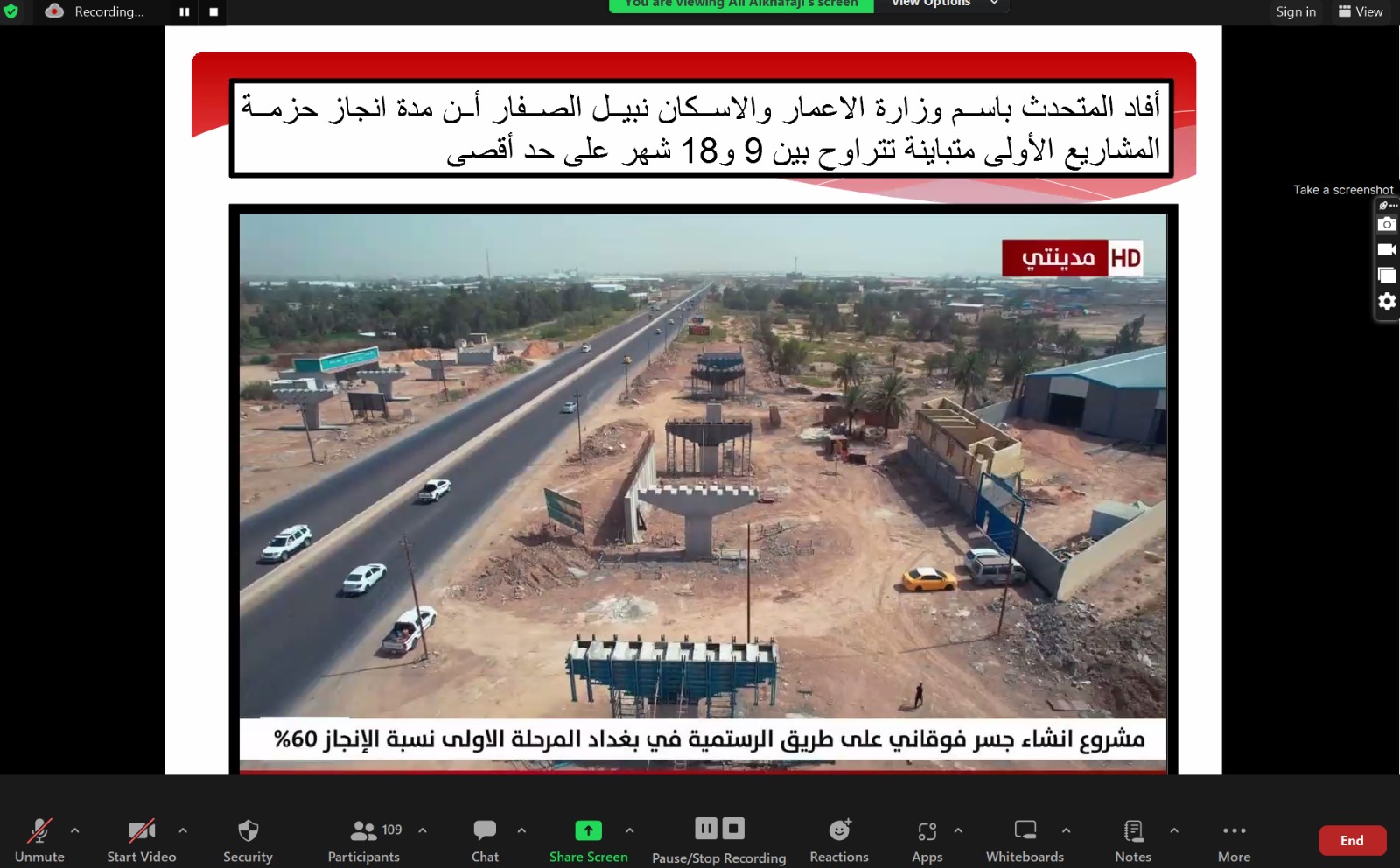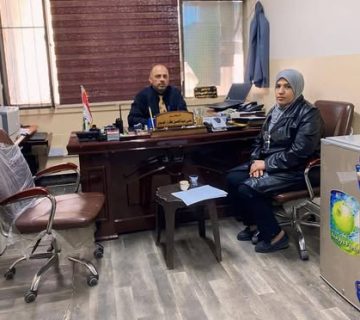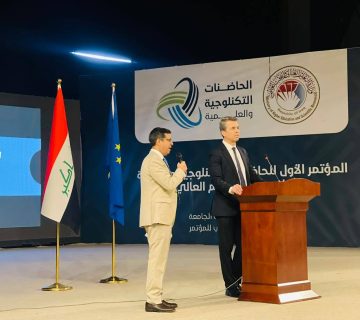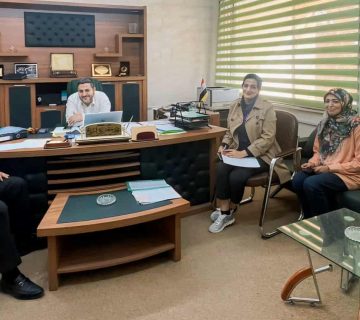The Avicenna Center for E-Learning at the University of Baghdad hosted a seminar on Friday, May 31, 2024, titled “The Traffic Crisis and Its Effects on Sustainable Development and the Implications of Changing Official Working Hours.”
Presented by Engineer Ali Saifuddin Obaid and Associate Translator Balqis Haqqi, the seminar focused on the traffic crisis and its multifaceted impact on sustainable development, addressing economic, social, and environmental dimensions. Balqis Haqqi elaborated on the underlying causes of the traffic crisis, pointing to factors such as population density, road organization, and adherence to traffic regulations.
Engineer Ali Saifuddin Obaid highlighted specific issues contributing to Baghdad’s traffic woes, including the lack of mass transportation, insufficient parking facilities, and mismanagement of the road network. He also discussed ongoing projects aimed at alleviating traffic congestion and their anticipated positive outcomes.
Additionally, Obaid addressed the challenges posed by changes in official working hours introduced to ease traffic jams. He relayed concerns from state employees and students about the difficulties of balancing family commitments with new schedules. These changes have particularly impacted students, who face stress and potential disruptions to their education and work.
The researchers concluded by advocating for a comprehensive analysis of the traffic crisis, emphasizing the need to examine the annual increase in vehicle numbers and the progress of road development projects. They also stressed the importance of expediting the construction of a subway system to reduce the reliance on buses, cars, and taxis and promote mass transit. Furthermore, they suggested evaluating the pros and cons of relocating some government institutions and ministries to less congested areas on the outskirts of the capital.
